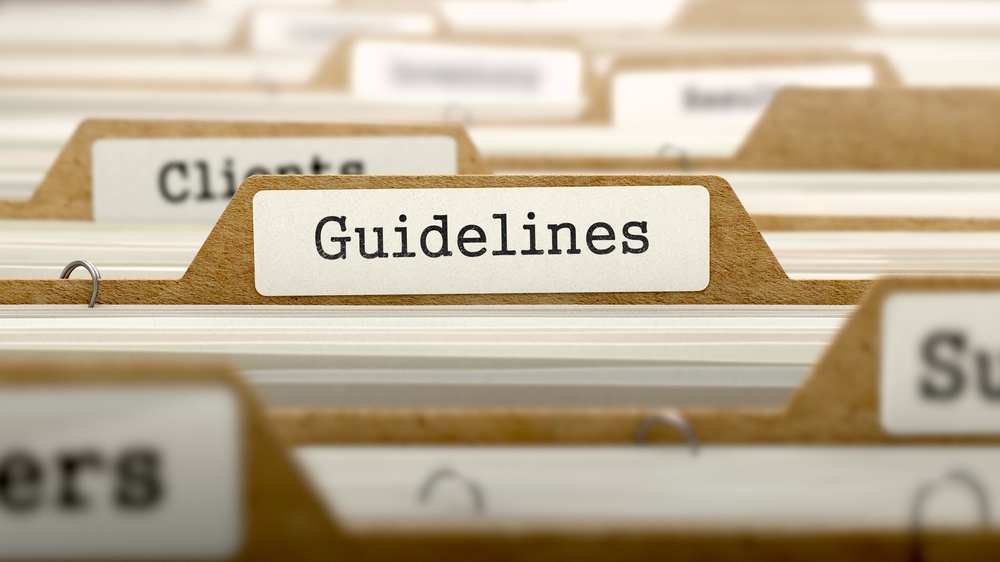How to Manage a Second Chance Checking Account
Opening up a checking account at a new financial institution can be kind of exciting, because you get to explore all the features your new financial...
3 min read
 Chris Gottschalk
:
Aug 10, 2021 4:45:00 AM
Chris Gottschalk
:
Aug 10, 2021 4:45:00 AM

If your bank or credit union lets you know they’re closing your account, the odds are good you’re going through some serious financial hardship. This may have resulted in some behavior that raises red flags in financial institutions, such as repeatedly bouncing checks or having a negative balance for a few weeks. Regardless of the reason, having your bank account closed isn’t just another setback---not having a bank account can also hurt your chances of ever getting back on your feet.
This doesn’t mean you’re helpless, though. There are steps you can take if your bank or credit union has closed your account that will help you minimize the damage to your finances and even help you when you need to open an account at another financial institution.
When you first get notice that your financial institution is closing your account, contact them immediately. Find out why they are closing your account and if there is anything you can do to stop it.
If you’re hesitant to take this step, you’re not alone. Talking with someone about your financial problems can be scary, not to mention embarrassing. However, if you don’t let your financial institution know about the hardships you’re going through, they won’t be able to work with you.
Once you know for a fact there’s nothing you can do to stop your account from being closed, your very next action should be stopping any payments going out of, and more importantly coming into, your old account.
Contact all your creditors and let them know that you won’t be using your old bank account to pay them. Set up other arrangements until you can get a new bank account, and you should also let your creditors know you’re going through financial hardship. Your creditors may be able to offer you some assistance until you’re back on your feet.
 If you’re getting your paycheck direct deposited to your old bank account, you’ll also want to let your employer know to cancel it as soon as possible. If you don’t do this immediately, you’ll probably have to wait an extra two or three weeks for your paycheck, as your old bank will have to reject the direct deposit and your employer will then need to issue a brand-new paycheck. If you’re already having financial difficulties, this is the last thing you need.
If you’re getting your paycheck direct deposited to your old bank account, you’ll also want to let your employer know to cancel it as soon as possible. If you don’t do this immediately, you’ll probably have to wait an extra two or three weeks for your paycheck, as your old bank will have to reject the direct deposit and your employer will then need to issue a brand-new paycheck. If you’re already having financial difficulties, this is the last thing you need.
If your financial institution closed your bank account because you’d overdrawn it, you’ll want to pay it off as soon as possible. If you can’t pay if off all at once, try to work out a payment plan or negotiate a settlement with the financial institution so you don’t have to pay off the full amount.
No matter what you do, though, do not ignore your debt. If you don’t pay it off, your financial institution will eventually send it to a collections agency, which can wreak havoc on your credit score. Worse, some collection agencies will add additional fees and interest onto the original amount, which can lead to you owing a lot more money than the initial overdraft.
Finally, you’ll need to get a new bank account. If you don’t have at least a checking account, you won’t have anywhere to securely store your money and paying your bills will be a lot harder.
 While some financial institutions do offer second-chance checking accounts, most of them come with some steep restrictions and fees that you just don’t need, especially if you’re trying to get on your feet financially. Your best bet might just be to visit a credit union and explain your situation to them. Since credit unions are not-for-profit, they tend to be more understanding towards people who are going through financial difficulty or who may have made some financial missteps in their past.
While some financial institutions do offer second-chance checking accounts, most of them come with some steep restrictions and fees that you just don’t need, especially if you’re trying to get on your feet financially. Your best bet might just be to visit a credit union and explain your situation to them. Since credit unions are not-for-profit, they tend to be more understanding towards people who are going through financial difficulty or who may have made some financial missteps in their past.
Having your financial institution is closing down your bank account can be traumatic, especially if you’re already undergoing financial hardship. However, you can mitigate the damage to your financial standing, provided you communicate with your financial institution, your creditors and your employer.
If you need a checking account, become a member of First Alliance Credit Union today and talk with a member experience advisor. We offer several resources to help people manage their accounts more effectively, from a robust online banking platform with electronic bill pay service to guides to consolidating debts, budgeting and even saving in our resource center.

Opening up a checking account at a new financial institution can be kind of exciting, because you get to explore all the features your new financial...

While the conventional wisdom is that you should close your old bank account after you’ve switched financial institutions or moved to a new city, the...

Look online and you’ll notice that many financial institutions are more than happy to provide information about how to open a new account. When it...